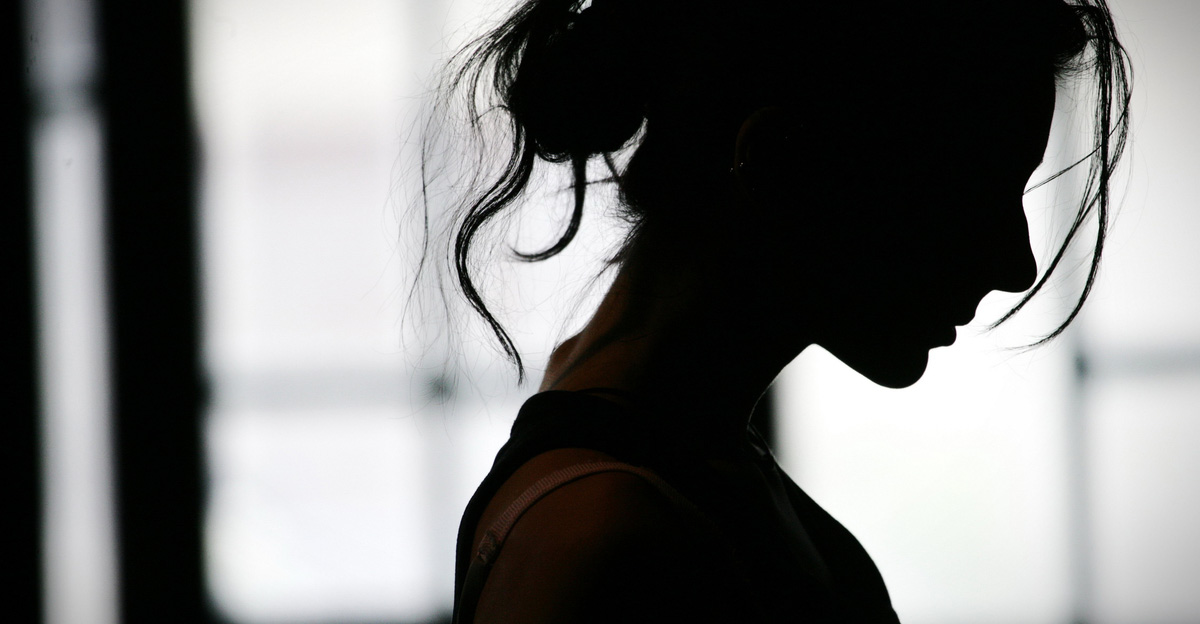Siblings are a part of what makes childhood so memorable for so many. They are our first and favorite playmates, with older siblings to teach us new games, and younger to follow us on whatever adventure we conceive. Yes, we fight and compete, but our siblings would jump to defend us from any threat, even when we are not on speaking terms. Half the time, they annoy us to death, but we would do anything for them. We turn to them in times of joy, and in times of pain. We’ve lived with them for almost our entire lives, and our siblings have become an extension of us.
The halo of childhood, that feeling of being untouchable, is destroyed in the face of a sibling’s death.
Kady Braswell was 16 when a police officer knocked on her family’s door and said the words no one wants to hear: “There’s been an accident. You need to come to the hospital right away.”
It was 10 PM and Kady had just gotten ready for bed. Her older brother hadn’t made it home yet. He never did.
“There’s no word to describe the loss of a sibling. If you lose a spouse, you’re a widow or widower. If you lose your parents, you’re an orphan. But if you lose a sibling, you just become the girl who lost her brother,” she wrote on Unwritten.
It’s like a limb amputation. That’s not a wound someone can ever heal from; it’s one you must learn to function despite it.
It’s been five years since her brother’s death, and Kady still feels his absence, some days more than others. Still, she has moments where she’s able to think about him and listen to his favorite music without crying. She lives the way he would have wanted her to.
“There will come a day when you find yourself talking about your sibling and you do not feel uncomfortable,” Kady wrote. “There will come a day when the universe sends you a sign to let you know your sibling is doing OK.” [1]
Accept Different Grief Responses
Hearing about a sibling’s death can cause a plethora of emotions like shock, numbness, loneliness, anger, fatigue, regret, guilt, anxiety, yearning, depression, and so many others. Everyone reacts to grief differently, but there are some emotions that tend to recur in the case of a sibling’s death.
Every person in your family will mourn individually, and you should mourn your own way as well. Keep communication open and honest to help each other through this painful time. Some people grieve by lashing out, crying incessantly, or isolating themselves. Don’t jab or blame a family member for how they mourn, but be open about it. This is a time you want to keep your family close. [2]
“The Surviving Child”
Often a mourner has this unshakable feeling of being “the surviving child.”
You may feel guilty that you weren’t the one taken or regretful for not appreciating the sibling as much as you should have the last time you saw them. A harmful thought may recur: They died because I failed to protect them. This is often completely untrue, but it’s difficult to explain that to grief. Overcoming guilt and realizing you are not to blame is part of the healing process.
Being “the surviving child” may bring you to take care of everyone around you, especially your parents. Let this feeling go and allow yourself to be present. You are not anyone’s savior but your own.
Contrarily, you may lack proper support. Since burying a child is considered to be so unnatural and devastating, perhaps most of the care and attention will go to your parents. A sibling in grief is somewhat forgotten. Don’t allow this to stifle your emotions. Your grief is real and your voice should be heard. Surround yourself with people who will support you, and give yourself the time you need to mourn. [3]
Linking Objects
Items that belonged to the deceased are called linking objects. These could be pictures, videos, clothing, gifts, CDs, or anything special to them or their identity.
Going through gifts from the sibling or looking at his or her old bedroom is an emotional whirlwind of joy, sadness, nostalgia, and pain. This is good. Linking objects can help you confront the emotions following the death and bring you closer to reconciliation.
Don’t get rid of these items. You may need to hide them away until you are ready to appreciate and honor the mementos of the sibling’s life. [2]
You Will Always Miss Them
Whether you were close with your sibling or detached, brothers and sisters are a part of us and always have been. We’ve known them longer than anyone, and we have years of memories and inside jokes. Siblings can never be replaced. Even when the grieving period is over and time passes, we will never stop missing them. Some days will be harder than others. [3]
Siblings’ deaths may cause them to miss big events in life, such as weddings, graduations, the births of nieces and nephews, promotions to dream jobs, and the release of new albums they had been waiting to hear.
The grief will never truly leave us, but one day, the sadness and despair may turn into a new perspective: to live as our siblings wanted us to and to do the things they never could. This keeps them alive in our hearts where they will never be forgotten.
Read next: Why Your Older Sister Is One of the Most Important People in Your Life
References
- “How Losing My Sibling Meant Losing A Part Of Myself.” Read Unwritten. Kady Braswell.
- “Helping Yourself Heal When an Adult Sibling Dies.” Center for Loss.
- “What’s Your Grief. Grieving the Death of a Sibling.” What’s Your Grief.

